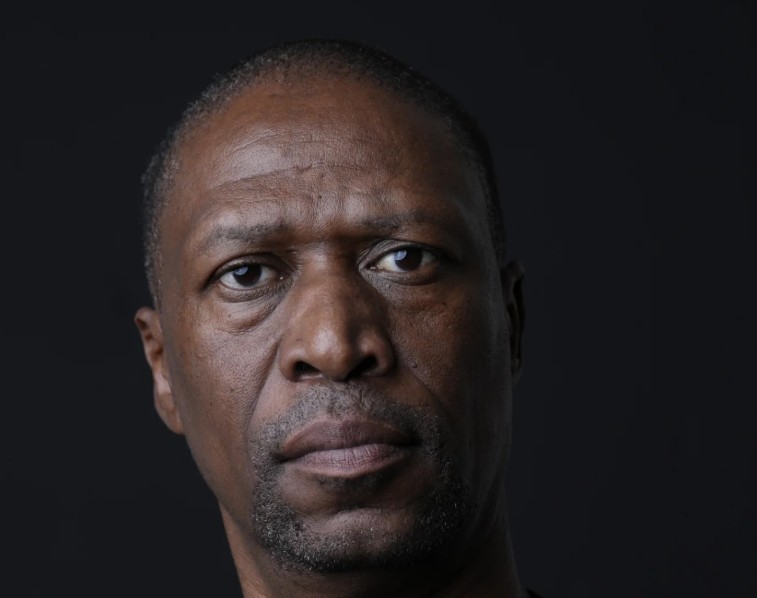#KayaIsAfrica What we can Africa learn from China
By Zuko Komisa
The last three decades of China have been marvelled at by many across the world; how they have drastically changed the lives of their people. Africa and China share many similarities, both have a large population but the major differences arise when it comes to the pace at which they are changing the fortunes of their respective people. A glaring difference to South Africa, which to this day has an abundance of resources, but have ridiculous levels of unemployment, inequality, and poverty.

Whether it’s the many factories that manufacture new technologies, artificial intelligence ahead of its time, China remains at the forefront of technological development in the world. South Africa has a lot to learn if it really wants to be a force in the fourth industrial revolution.
Africa, though different from this mighty nation, can pick from a basket of strategies the Chinese have implemented to get to where it is.
How did they do it?
The accelerated growth of China began late in the 1970s, a period after it suffered a recession with the majority of its population living in poverty. In 1978, the new strategy was known as the “Four Modernisations.” specifically aimed at modernising four key sectors that were meant for the long-term growth of the economy: Agriculture, industry, science and technology and National Defense. The adoption of this new economic strategy saw China inviting Western industrialists to bring capital and technology to China. This was also a period where China was similar to what North Korea is today, a closed Marxist state.
On top of the modernisation of these sectors, China opened up four special economic zones, which offered tax-free opportunities for foreign joint-ventures with Chinese firms. An initiative which could go a long way for certain coastal countries in Africa to attract foreign investment and technology.

Modernisation of these sectors is still a major challenge in this continent, more specifically, here is South Africa with evident needs to upscale development in infrastructure. Then there’s an education system that needs urgent intervention, non-inclusive health care system and agricultural sector with skewed ownership patterns. China’s ulitmate plan with the strategy they adopted was to quadruple GDP between 1980 and 2000 which they succesfully managed to do in the year 1996.
Chinese Ambassador Lin Singtian to South Africa, in a recent interview explained this phenomenon, “Poverty is the only enemy is China, fighting for common prosperity, we are a country that believes in socialism. The common goal is how do we get there, getting everyone to sacrifice themselves for the good of the nation and to the people.”

Africa need to be aggressive and serious about its development, through putting together long-term plans to accelerate the growth of its economies. Delibarate plans are required with the buy-in of all African states.
The biggest developmental problem facing Africa:
- We have not nipped the bud on civil wars and terrorism on the continent. There is rarely a time when there is sustained stability on the continent.
- A constant fight by political leaders, majority being pensioners, on who gets to sit at the table. Making it hard to plan ahead for the future perhaps because they won’t be there.
- Rampant corruption
- Unfair trade negotiations as well as being indebted to international aids
- We aren’t investing enough in quality education
The lack of unity in the policy direction of African countries also hampers growth across the continent. There is great optimism through out the continent and adopting strategies that benefit the general population can go a long way in growing this contintinet with untapped potential.
Written by: Zuko
Similar posts
MORE ARTICLES

SA Powerball Results for tonight: Tuesday, 01July 2025

Zenande Mfenyana captures viewers’ hearts as Thumeka on ‘Inimba’

WATCH: Scorpion Kings begin preparations to ‘Fill Up’ Loftus Stadium

The best of Point of View: DA dares Ramaphosa, Nairobi protests turn deadly and Chrispin Phiri in the spotlight

New month brings new electricity bills for City Power customers
QUICK LINKS
UpComing Shows

The Best T in the City
With T Bose
He has held it down in the world of mid-morning radio with the best music, riveting topics, brilliant mixes and interesting guests. Every weekday, The Best T proves why he is the BEST by connecting to you like only your bro or favourite uncle could. He lets his listeners dictate the songs they want to hear in the ever-popular Top 10 at 10, and his Three Teaspoons never run out. Catch The Best T in the City Mondays to Fridays from 09h00 to 12h00.
close
Feel Good
With Andy Maqondwana
Feel good about feeling good! That's exactly what The Feel-Good show is about. An escape from the negativity that surrounds us, indulging you in good feels. Pass it on to one and all. Spread the good feeling around Gauteng with Andy Maqondwana.
close
Kaya Biz
With Gugulethu Mfuphi
The world of business is simplified for you by Kaya Biz with Gugulethu Mfuphi. This fast-paced award-winning business show talks to the corporate giants as well as up and coming entrepreneurs about their wins and challenges. Gugulethu invites guests to offer their analyses of markets and economies, and also delves into issues of personal financial wellness. Kaya Biz airs Mondays to Thursdays 18h00 to 19h00.
close
Point of View
With Phemelo Motene
Point of View with Phemelo Motene delves into the day’s current affairs, touches on real issues that affect people’s daily lives and shares expert advice on questions posed by the audience. Mondays to Thursdays 20:00 to 22:00.
closeConnect with Kaya 959
DownLoad Our Mobile App
© 2025 Kaya 959 | On The Street On The Air











